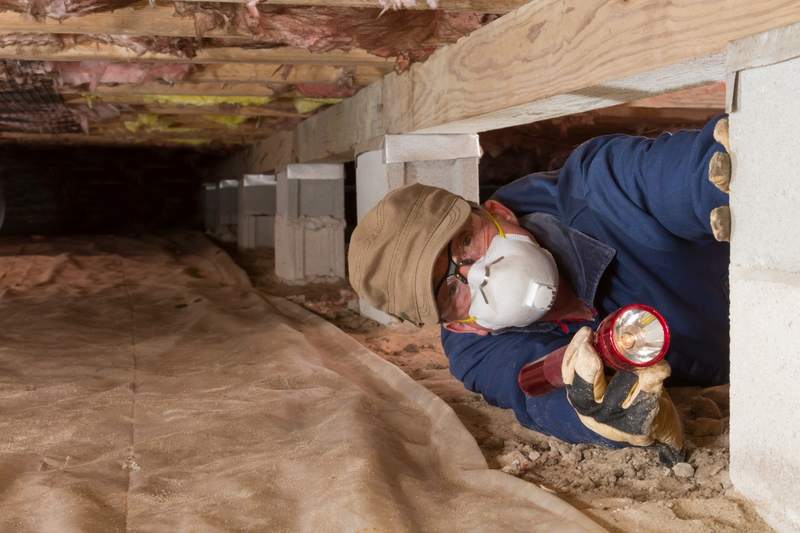
When you make an offer on a home, you could pay an earnest money deposit to show the seller that you’re serious about buying their home.
Earnest money — also known as a good faith deposit — typically ranges from 1% to 3% of the purchase price. How much you should pay is up to you. If all goes well and the sale closes, then the deposit can be credited to your down payment or closing costs.
However, there are scenarios where the deal falls through for unexpected reasons that would result in you losing your earnest money deposit.
When Can You Lose Earnest Money?
These are potential circumstances where you could lose your earnest money.
You back out of a deal
If all contingencies in your purchase agreement are met and you still decide to back out after signing, then you’ll likely forfeit your earnest money. The money will compensate the seller for the cost of starting over the sales process.
You fail to meet a deadline
If a closing deadline is set in the purchase agreement, then you’re responsible for meeting it. Failing to meet deadlines could leave you in breach of contract, and cost you your earnest money.
You make a nonrefundable deposit
Foreclosed properties and other homes sold “as is” can be purchased under the condition that the earnest money deposit is nonrefundable. In this case, any reason for canceling the sale would cost you your deposit.
You agree to an ‘as is’ sale
If a home is being sold “as is,” the homeowner is refusing to make any repairs. Buyers essentially agree to take responsibility for any repairs or improvements that the home needs. If you agree to buy a home as is and find before closing that there are major problems requiring expensive repairs, canceling the deal will forfeit your earnest money.
You waive contingencies
The purchase agreement outlines the contingencies that must be met for the sale to close. Common contingencies that allow buyers to cancel the sale and keep their earnest money include:
- Home inspection contingency: The home inspection has revealed serious issues or damage.
- Financing contingency: The buyer can’t secure financing to purchase the home.
- Home sale contingency: The buyer can’t sell their current home by the closing date.
- Appraisal contingency: The appraisal comes back lower than the sale price.
- Title contingency: There are disputes over the title of the home or past liens on the property.
Some buyers feel pressured to waive contingencies to make their offer more competitive. Doing so risks the loss of earnest money if something derails the sale.
How To Protect Your Earnest Money
Here are some ways you can protect your earnest money.
Know where your earnest money is being held
Make sure that your purchase agreement makes it clear who gets the earnest money if the deal falls through. Having this information in writing can help you avoid problems if something goes wrong.
Use contingencies
Contingencies allow you to keep your earnest money if certain requirements in the sales agreement aren’t met.
Use an escrow agent
An escrow agent is a third party that holds earnest money funds in trust, and distributes them according to the terms of the deal.
Get preapproved
Mortgage preapproval will give you an idea of how much a lender is willing to let you borrow. While it doesn’t guarantee you a home loan, it shows you’re likely able to secure financing, and you can be more certain you’ll be able to complete the sale.
FAQ
Here are answers to some frequently asked questions about earnest money.











